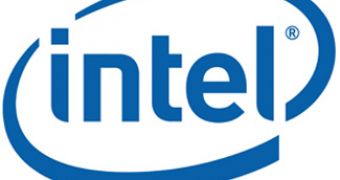Without a doubt, the popularity of ultra-portable computing systems (such as netbooks and, more recently, Internet tablets) has pretty much skyrocketed over the past couple of years, and for this reason, some of the world's biggest technology manufacturers are starting to seriously re-focus their business in order to include these particular segments as well, the latest to do so being none other than Intel. Of course, Intel's not exactly a stranger to the field of netbooks, most of the portable computing systems of this type available out there being built around the company's Atom CPUs, but things are actually a bit different as far as Internet tablets are concerned, none of the truly successful products from this category being powered by Intel chips (in fact, the best-selling tablets to date, Apple's iPad and Samsung's Galaxy Tab, both feature ARM-based processors inside).
For this reason, as Electronista reports, Intel has decided to create a special group dedicated to these segments, that will be headed by the current leader of the company's embedded chip and communications team, Doug Davis.
And we'll have to admit that the people involved in this group will certainly have a tough time ahead of them, given the fact that, as mentioned before, the popularity of ARM-based machines is on the rise, while Intel's Atom are left trailing.
The biggest problem is that tablets are eating away fast at the netbooks' market share, meaning that, in order to meet market demand, the most important computing solutions' manufacturers will have to come up with such products of their own as well, and if Intel's not ready with a complete and comprehensive platform (comprising both a processing platform and perhaps even an operating system, such as MeeGo, developed together with Nokia), they might actually miss the Tablet trend a bit.
However, we're pretty sure that Intel will manage to get its resources together, and we'll see plenty of tablets built around the company's platforms make their way onto the market over the next couple of years.

 14 DAY TRIAL //
14 DAY TRIAL //